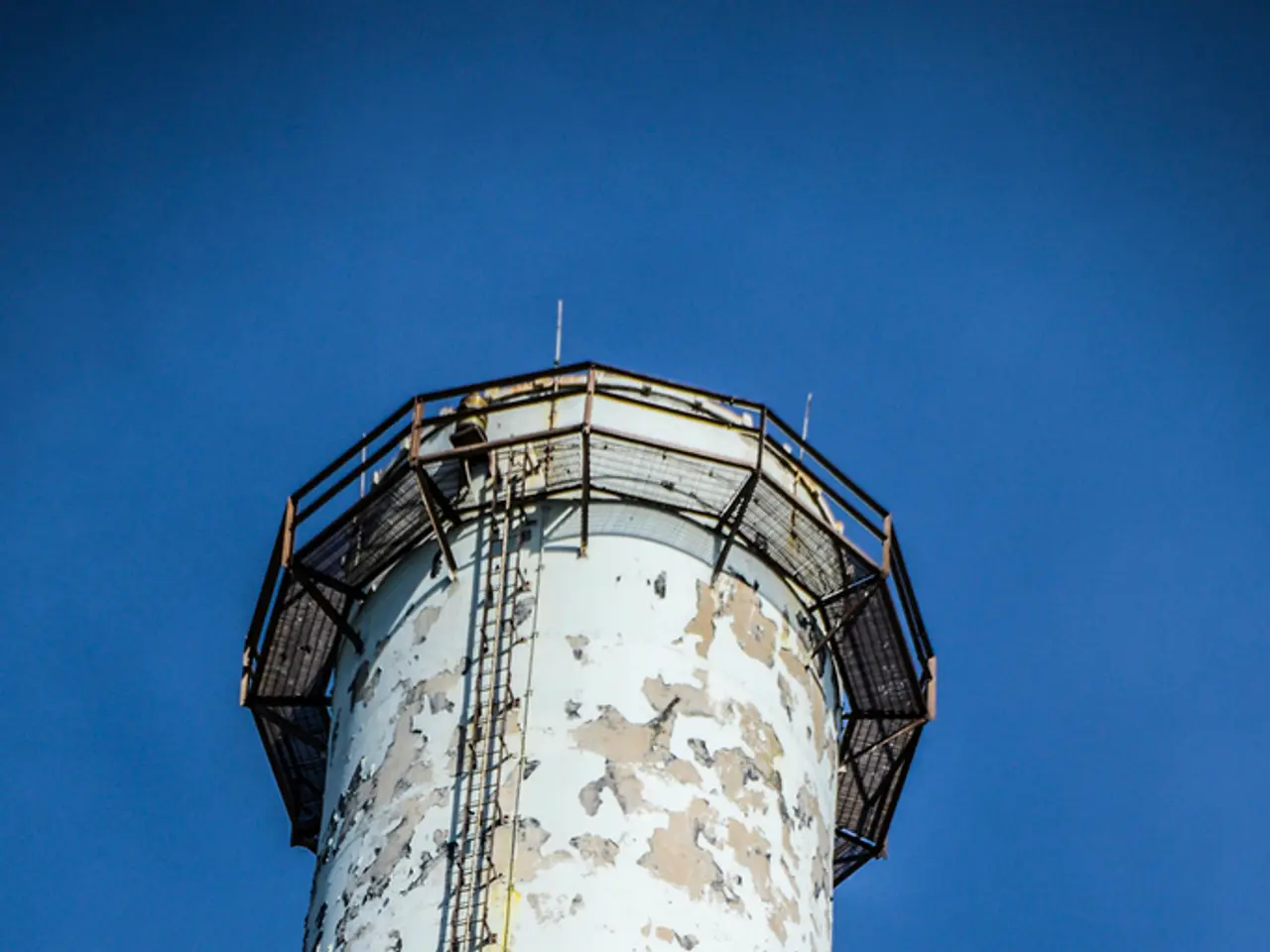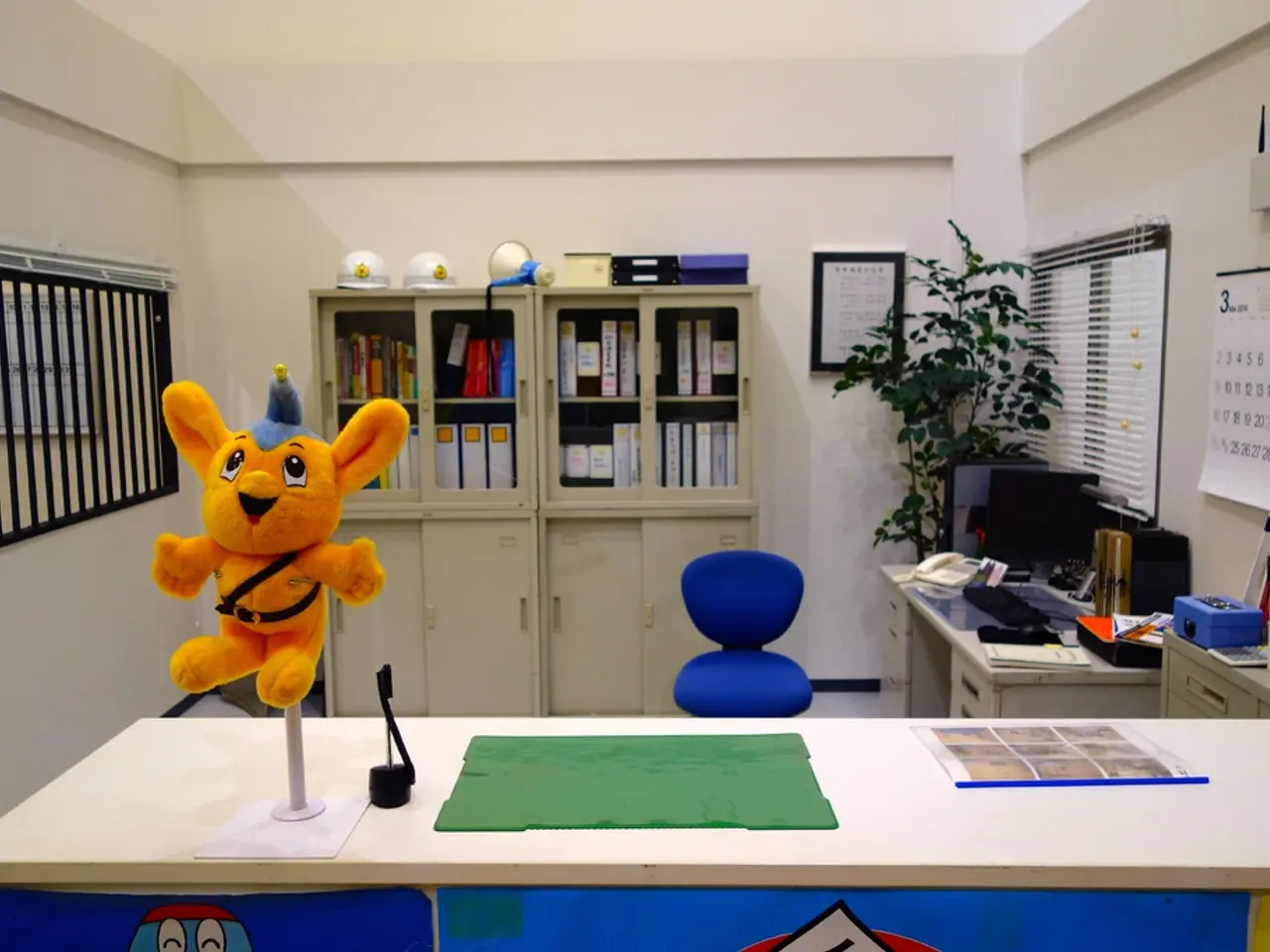Is the Solution for Long-Term Energy Storage Lie in Iron-Air Batteries?
In a significant breakthrough for renewable energy storage, Ore Energy has connected the world's first grid-ready iron-air battery system in Delft, Netherlands. This system offers up to 100 hours of clean energy storage, a crucial step towards integrating renewables more effectively and reducing reliance on fossil fuel backup.
The iron-air battery technology, which uses a reversible rusting process, stores energy by converting iron oxides back into metallic iron during charging, and releases electricity as iron rusts during discharge. This pilot project, fully designed, built, and installed within the European Union, uses materials exclusively sourced from Europe, supporting European energy sovereignty and supply chain resilience.
The potential impact of Ore Energy’s iron-air batteries on European energy systems is substantial. By storing excess renewable generation over several days and releasing it during low-generation periods, iron-air batteries can cut curtailment by nearly half, allowing renewables to meet demand more reliably without fossil peaker plants.
The multi-day flexibility could also avoid the need to oversize wind and solar installations, trimming overall system costs by up to 63%. Moreover, the system uses safe, water-based electrolytes and recyclable metallic iron, lowering environmental impacts compared to lithium-ion technologies.
However, current energy markets and regulatory frameworks favour short-duration storage, with no standardized way to value long-duration storage services. European deployment would benefit from new market mechanisms like capacity payments and dedicated LDES procurement targets, which currently exist in the U.S. but not yet in Europe.
Ore Energy is now advancing towards commercial deployment, engaging with commercial partners and planning modular systems in 40-foot container units, each delivering multiple megawatt-hours at low cost and small footprint. This could position the technology as a key enabler for Europe’s transition to 100% renewable grids and energy sovereignty by providing reliable, scalable, and sustainable long-duration storage.
The electrolyte in iron-air batteries is water-based and alkaline, and the cathode is a porous air-breathing electrode. The first iron-air battery pilot project was installed at The Green Village, a living lab at Delft University of Technology. The pilot project, with a capacity of less than 1 MWh, has been operating since mid-May 2025 and will be monitored for six to twelve months.
Ore Energy's cells are assembled into modular 40-foot containers, each delivering up to 4.2 MWh of storage capacity and sustaining 100 hours (over four days) of continuous discharge. Other long-duration storage technologies, such as vanadium redox flow batteries and zinc hybrid systems, have their own advantages and challenges, but iron-air batteries offer a promising solution with their sustainability, cost-effectiveness, and domestic supply chain potential.
As the future grid evolves, it is likely to combine short-duration lithium-ion with mid-duration sodium or zinc and multi-day iron-air or flow batteries, each filling a different niche. The U.S. Department of Energy aims to cut LDES costs by 90% by 2030, while Europe lacks a similar program. Dedicated procurement targets and incentives would accelerate deployment and help Europe capitalise on the benefits of long-duration energy storage technologies like Ore Energy's iron-air batteries.
- The iron-air battery technology, which stores energy for up to 100 hours, is a crucial step towards sustainability by reducing reliance on fossil fuel backup and integrating renewable energy more effectively.
- The multi-day flexibility offered by iron-air batteries can cut curtailment by nearly half, allowing renewables to meet demand more reliably without fossil fuel backup, thereby contributing to the environment.
- The European deployment of iron-air batteries could lower environmental impacts compared to lithium-ion technologies due to their use of safe, water-based electrolytes and recyclable metallic iron.
- European energy markets and regulatory frameworks should consider new market mechanisms such as capacity payments and dedicated LDES procurement targets to value long-duration storage services and accelerate technology deployment.
- Ore Energy's iron-air batteries, with their sustainability, cost-effectiveness, and domestic supply chain potential, could position themselves as a key enabler for Europe’s transition to 100% renewable grids and energy sovereignty.




